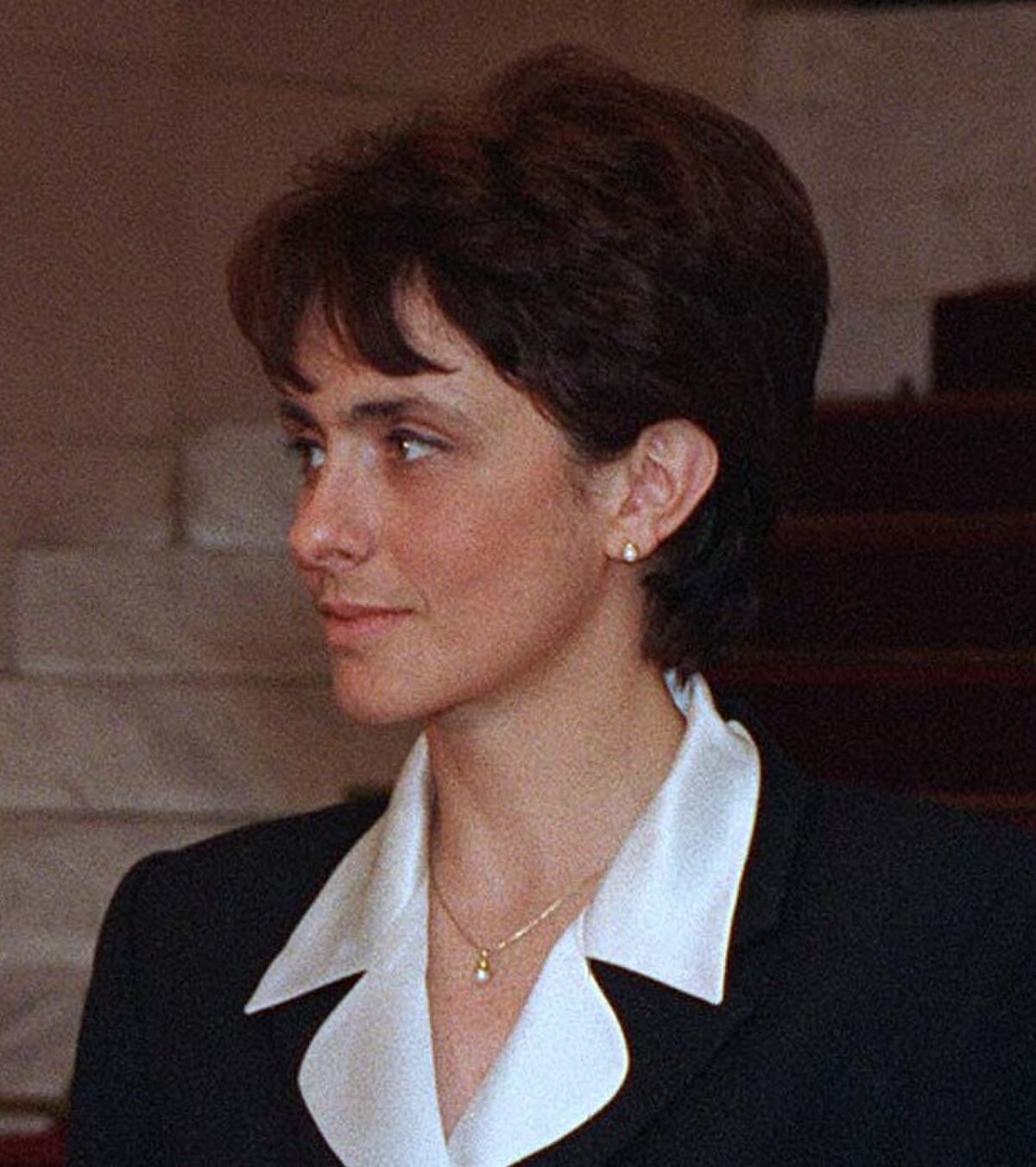
Republic of Bulgaria
BulgariaBy the time the impact of Mikhail Gorbachev's reform program in the Soviet Union was felt in Bulgaria in the late 1980s, the Communists, like their leader, had grown too feeble to resist the demand for change for long. In November 1989 demonstrations on ecological issues were staged in Sofia and these soon broadened into a general campaign for political reform. The Communists reacted by deposing Zhivkov and replacing him by Petar Mladenov, but this gained them only a short respite.
In February 1990 the Communist Party voluntarily gave up its monopoly on power and in June 1990 the first free elections since 1931 were held. The result was a return to power by the Communist Party, now shorn of its hardliner wing and renamed the Bulgarian Socialist Party. In July 1991 a new Constitution was adopted, in which the system of government was fixed as parliamentary republic with a directly elected President and a Prime Minister accountable to the legislature.
Like the other post-Communist regimes in Eastern Europe, Bulgaria found the transition to capitalism more painful than expected. The anti-Communist Union of Democratic Forces (UDF) took office and between 1992 and 1994 the Berov Government carried through the privatisation of land and industry through the issue of shares in government enterprises to all citizens, but these were accompanied by massive unemployment as uncompetitive industries failed and the backward state of Bulgaria's industry and infrastructure were revealed. The Socialists portrayed themselves as the defender of the poor against the excesses of the free market.
The negative reaction against economic reform allowed Zhan Videnov of the BSP to take office in 1995. By 1996 the BSP government was also in difficulties and in the presidential election of that year the UDF's Petar Stoyanov was elected. In 1997 the BSP government collapsed and the UDF came to power. Unemployment, however, remained high and the electorate became increasingly dissatisfied with both parties.
On 17 June 2001, Simeon II, the son of Tsar Boris III and himself the former Head of state (as Tsar of Bulgaria from 1943 to 1946), won a narrow victory in elections. The Tsar's party — National Movement Simeon II ("NMSII") — won 120 of the 240 seats in Parliament. Simeon's popularity declined quickly during his four-year rule as Prime Minister and the BSP won the election in 2005, but could not form a single-party government and had to seek a coalition. In the parliamentary elections in July 2009, Boyko Borisov's right-centrist party Citizens for European Development of Bulgaria won nearly 40% of the votes.
Since 1989 Bulgaria has held multi-party elections and privatized its economy, but economic difficulties and a tide of corruption have led over 800,000 Bulgarians, including many qualified professionals, to emigrate in a "brain drain". The reform package introduced in 1997 restored positive economic growth, but led to rising social inequality. The political and economic system after 1989 virtually failed to improve both the living standards and create economic growth. According to a 2009 Pew Global Attitudes Project survey, 76% of Bulgarians said they were dissatisfied with the system of democracy, 63% thought that free markets did not make people better off and only 11% of Bulgarians agreed that ordinary people had benefited from the changes in 1989.[60] Furthermore, the average quality of life and economic performance actually remained lower than in the times of socialism well into the early 2000s (decade).[61]
Bulgaria became a member of NATO in 2004 and of the European Union in 2007. In 2010 it was ranked 32nd (between Greece and Lithuania) out of 181 countries in the Globalization Index. The freedom of speech and of the press are respected by the government (as of 2015), but many media outlets are beholden to major advertisers and owners with political agendas.[62] Polls carried out seven years after the country's accession to the EU found only 15% of Bulgarians felt they had personally benefited from the membership.[63]
